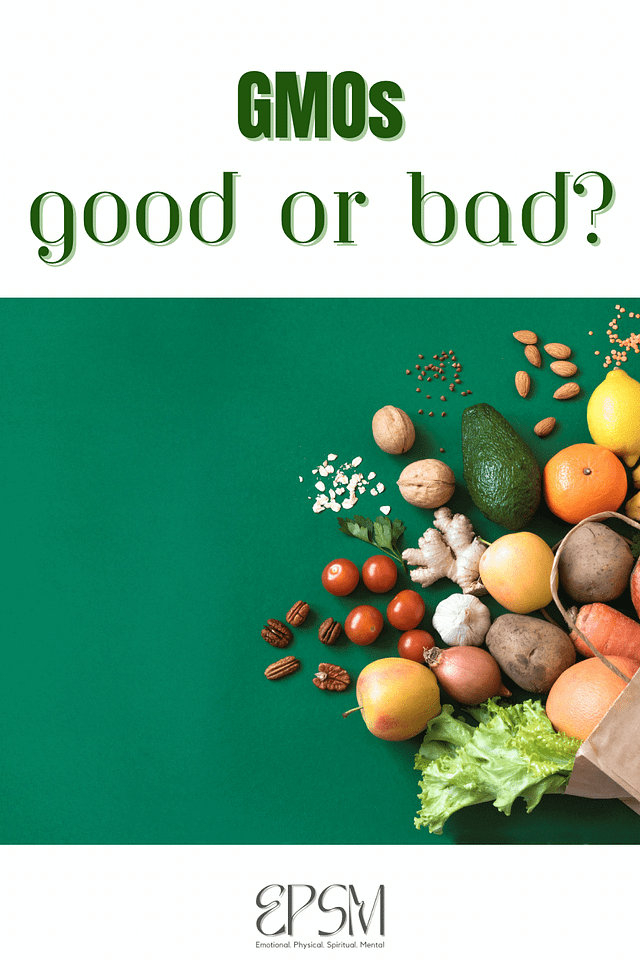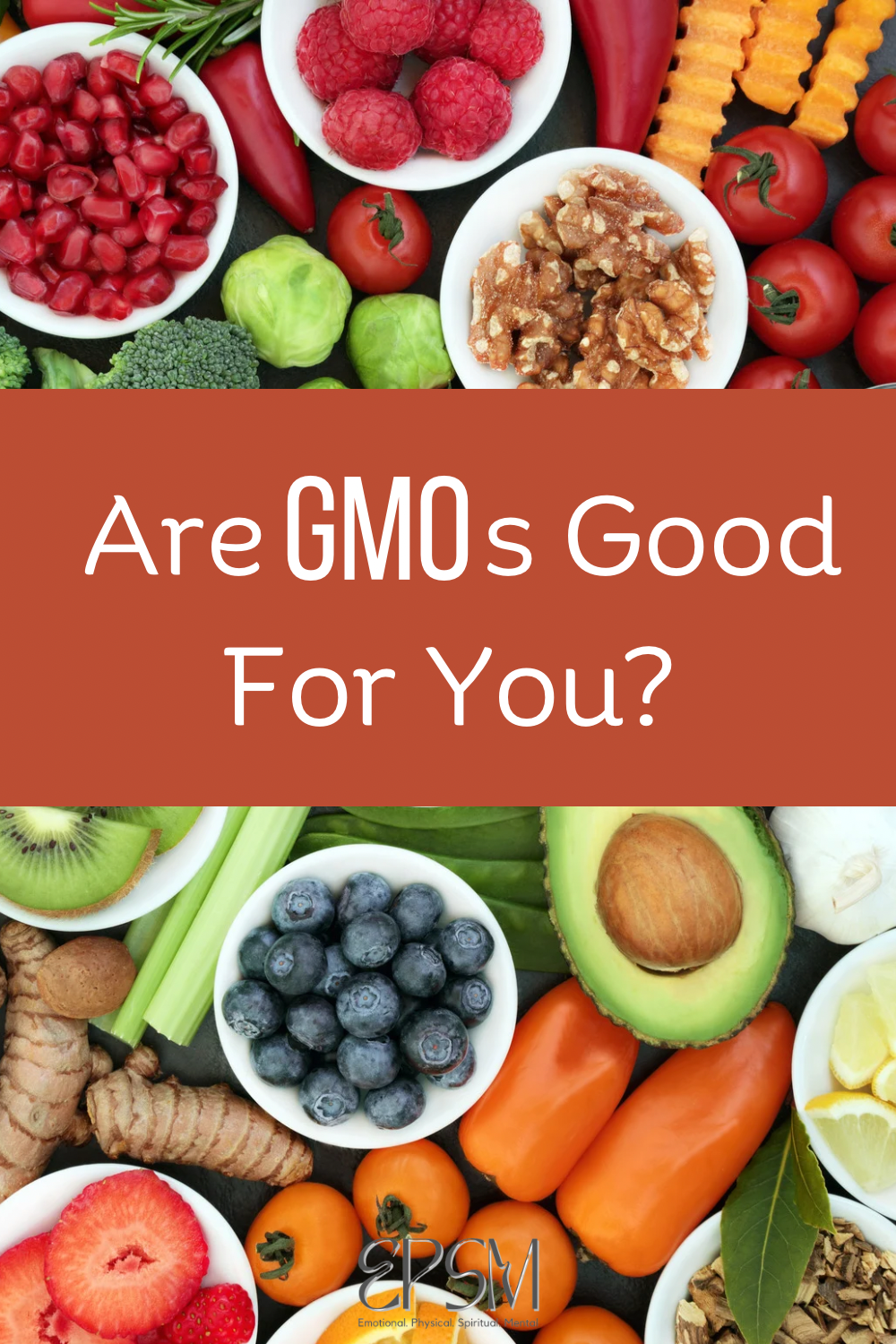What Should I Know About GMOs?

Food is obviously an essential aspect of our lives, but over the years it has become a subject of intense scrutiny and debate. One topic that has sparked widespread conversation is genetically modified organisms (GMOs) in our food. Why does our food have to be so confusing? I’ve researched the good and bad and I want to shed some light on the science, benefits, concerns, and regulatory measures surrounding GMOs.
What Are GMOs
Genetically modified organisms are created through genetic engineering techniques, where scientists manipulate an organism’s genetic material to introduce or remove specific traits. These modifications can enhance things such as resistance to pests, diseases, or herbicides, improving crop yield, enhancing nutritional content, and reducing post-harvest losses.
The Good
Increased Agricultural Yield: By introducing traits that enhance resistance to pests, diseases, and environmental stressors, genetically modified crops have the potential to increase yields and reduce harvest losses. This can help meet the growing demand for food, especially in regions prone to harsh climatic conditions or pest infestation.
Improved Nutritional Content: Genetic modification can be used to enhance the nutritional value of crops by increasing vitamin or mineral content. This has the potential to combat specific nutrient deficiencies and improve overall public health.
Environmental Benefits: GMOs can also contribute to sustainable agriculture by reducing the use of chemical pesticides and herbicides. Certain genetically modified crops are designed to be resistant to pests or tolerant to specific herbicides, which reduces the need for spraying chemicals that can be harmful to the environment and human health.
The Bad
Potential Health Risks: Some individuals have concerns about the long-term effects of consuming GMOs. While studies have shown no adverse health effects from consuming approved GMOs, ongoing research is crucial to ensuring their safety.
Environmental Impact: The impact of GMOs on ecosystems and biodiversity remains a subject of concern. Cross-pollination between genetically modified and non-modified crops, for instance, can potentially lead to the spread of modified genes to wild plants, impacting natural ecosystems.
Corporate Control: Critics argue that GMOs are predominantly produced by large agribusiness corporations. This control over seed supply can limit farmers’ choices and reduce agricultural diversity.
Regulatory Measures and Transparency
In many countries, the use and release of GMO products are regulated by government agencies. These regulatory bodies assess the safety and environmental impact of GMOs before granting approval. Labeling laws are also in place in some regions, allowing consumers to make informed choices.
The ongoing debate surrounding GMOs reflects the complexities of balancing innovation, food security and environmental concerns. While genetically modified organisms offer potential benefits, it is essential to maintain regulatory measures, promote transparency, and conduct ongoing scientific research to address concerns and ensure the safety of our food supply.

As consumers, staying informed and understanding the science and facts is crucial in making informed choices about the food we consume. Furthermore, promoting a collaborative approach between scientists, policymakers, farmers, and consumers can help address concerns and ultimately shape the future of GMOs in a responsible and sustainable way.
what are your thoughts on GMOs? Do you avoid genetically modified ingredients or do you enjoy your food without concern?
